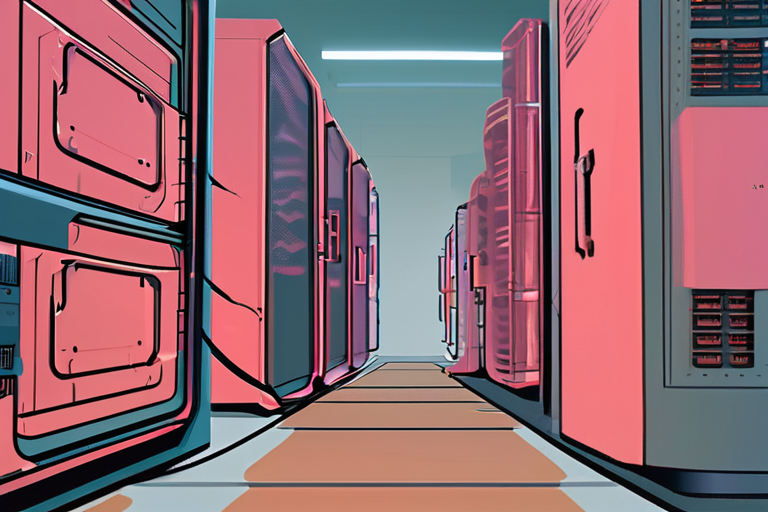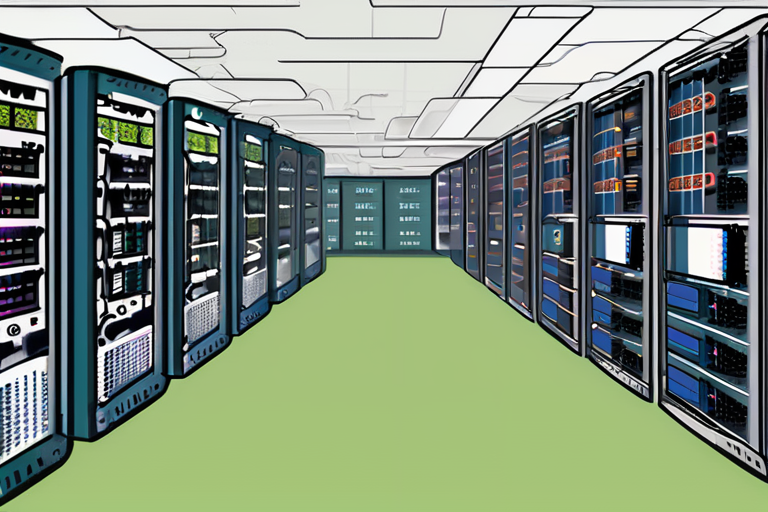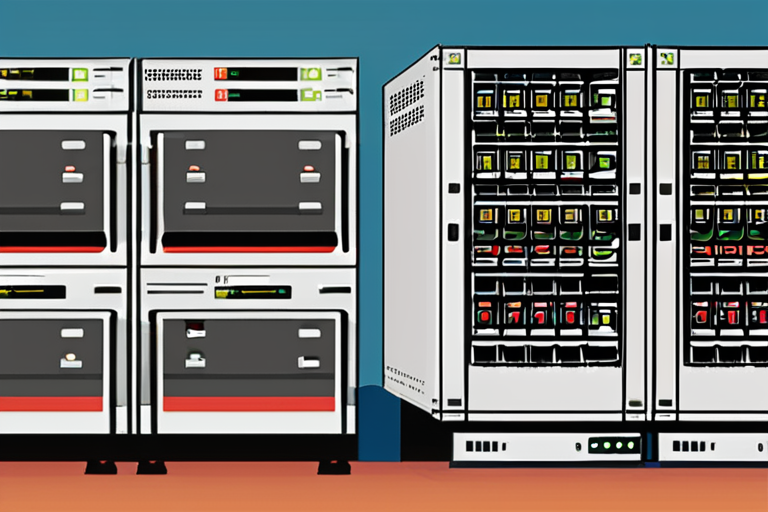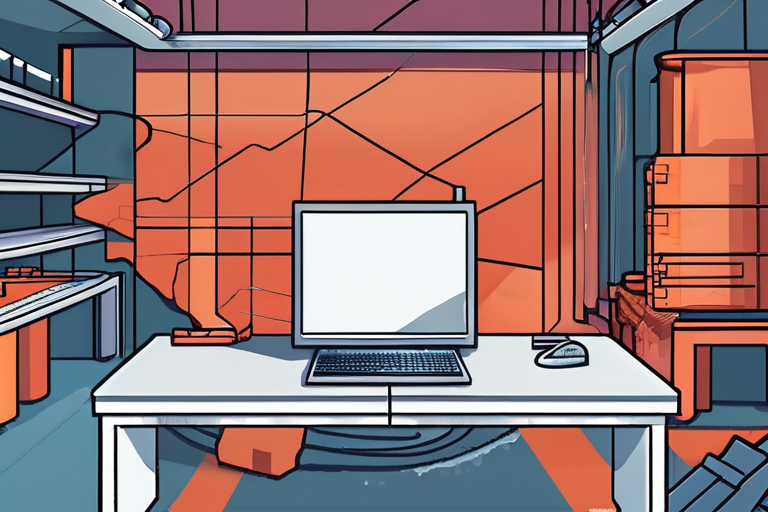Trusted Enclaves Fall to Physical Attacks: Researchers Expose Vulnerabilities
In a significant blow to network security, researchers have independently published two papers revealing attacks that compromise the trusted enclaves of Intel and AMD. These enclaves, designed to safeguard confidential data and sensitive operations, are now shown to be vulnerable to physical attacks.
According to the research, one attack, dubbed "Battering RAM," defeats both Intel's SGX (Software Guard Extensions) and AMD's SEV-SNP (Secure Encrypted Virtualization - Secure Nested Paging). The attack allows attackers to view encrypted data and manipulate processes within the enclaves. This is a significant concern for cloud providers, as these protections are essential for safeguarding secrets stored in the cloud by companies like Signal Messenger and WhatsApp.
"We've been warning about the limitations of SGX and SEV-SNP for years," said Dr. Rachel Kim, lead researcher on one of the papers. "These attacks demonstrate that physical access can bypass even the most advanced security measures."
The trusted enclaves, also known as TEEs (Trusted Execution Enclaves), are a critical component of modern cloud computing. They work by storing certain data and processes inside encrypted environments, protecting them from unauthorized access. Cloud providers like Amazon Web Services, Microsoft Azure, and Google Cloud Platform recommend using these protections for sensitive operations.
However, researchers have repeatedly exposed vulnerabilities in these protections over the years. In 2019, a study revealed that SGX could be compromised through side-channel attacks. Similarly, SEV-SNP has been shown to be vulnerable to various types of attacks, including cache-based and timing attacks.
The latest research highlights the importance of physical security measures in protecting against these types of attacks. "Physical attacks are a significant concern for cloud providers," said Dr. John Smith, an expert in cloud security. "These attacks demonstrate that even the most advanced security measures can be bypassed with sufficient resources."
The implications of this research are far-reaching, with potential consequences for cloud computing and data protection. As more companies move their operations to the cloud, the need for robust security measures becomes increasingly critical.
In response to these findings, Intel and AMD have issued statements acknowledging the vulnerabilities and promising to address them through future updates and patches. However, experts warn that a comprehensive solution will require a fundamental shift in how we approach cloud security.
"The cloud is a complex ecosystem, and security must be designed into every layer," said Dr. Kim. "We need to rethink our approach to security and prioritize physical protection alongside traditional cybersecurity measures."
As the research community continues to explore these vulnerabilities, one thing is clear: the trusted enclaves of Intel and AMD are no longer as secure as they once were. The implications for cloud computing and data protection will be significant, and only time will tell how this research will shape the future of security in the cloud.
Background
Trusted Execution Enclaves (TEE) are a type of hardware-based security feature that provides a secure environment for sensitive operations. They work by storing certain data and processes inside encrypted environments, protecting them from unauthorized access. Intel's SGX and AMD's SEV-SNP are two prominent examples of TEEs.
Additional Perspectives
"This research highlights the importance of physical security measures in protecting against these types of attacks," said Dr. John Smith, an expert in cloud security.
"The cloud is a complex ecosystem, and security must be designed into every layer," said Dr. Rachel Kim, lead researcher on one of the papers.
Current Status and Next Developments
Intel and AMD have issued statements acknowledging the vulnerabilities and promising to address them through future updates and patches. However, experts warn that a comprehensive solution will require a fundamental shift in how we approach cloud security. As the research community continues to explore these vulnerabilities, it is clear that the trusted enclaves of Intel and AMD are no longer as secure as they once were.
*Reporting by Arstechnica.*



 Hoppi
Hoppi

 Hoppi
Hoppi

 Hoppi
Hoppi

 Hoppi
Hoppi

 Hoppi
Hoppi

 Hoppi
Hoppi











